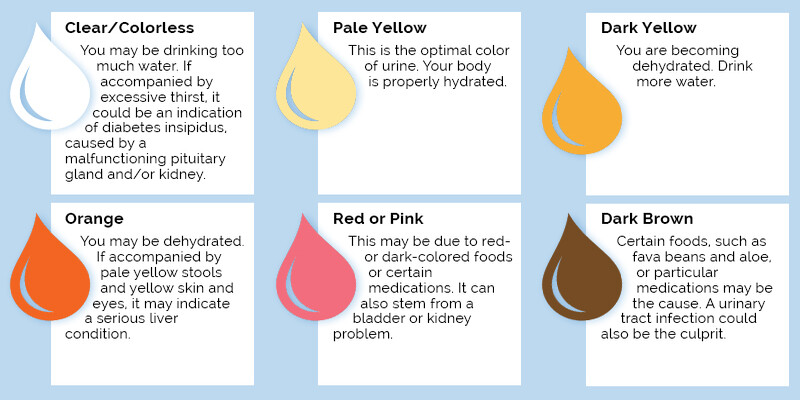Energy from sugar is one of the main functions that it performs in the human body as the preferred fuel for the body and its activities. This article goes into the multi-aspect impact of sugar, focusing on its positive effects and necessary role for good health. Be it sugar that fuels the brain's cognitive processes or the one that helps the body maintain its physical performance, sugar will always be part of our lives. This article will be aimed at revealing the complex details of carbohydrate metabolism influence on hormone regulation, and cellular function. Understanding the intricacies of sugar's influence on our health is foundational in making knowledgeable dietary decisions and in achieving peak wellness.

Body Sugar Benefits
Role of Sugar in Brain Function
The brain mainly uses simple sugar (glucose) as a source of power that it depends heavily on. Glucose is the fuel that powers information processing and cognitive functions that include memory, attention, and decision making. When glucose levels are low, it can be difficult to have a clear and unimpaired mind, thus affecting focus and mental clarity. A sufficient amount of sugar ensures a constant supply of glucose to the brain. As a result, optimal brain function and mental well-being are achieved.
Sugar's Contribution to Physical Performance
When a muscle is contracting and performing work during physical activity, it uses energy. Sugar, in its form of glucose, is the main ingredient for muscle function and the body's primary source of fuel. Thus, it provides the energy required for strength, stamina, and athletic performance. Eating carbohydrates, which eventually break down into glucose, before and during exercise can help in replenishment of stored glycogen in the muscles, as the result of which muscle fatigue will be delayed and the exercise capacity will be enhanced. Moreover, the sugar intake during the long-term workout can be the choice to keep blood glucose steady and thus prevent hypoglycemia and sustain the energy level throughout the process of the workout.
Sugar's Health Role
Understanding Sugar Metabolism in the Body
Sugar metabolism depends on the body turning carbohydrates, such as glucose and fructose, into usable energy. Upon consumption, sugars are absorbed into the bloodstream, they are then converted into glucose and as this happens, the level of blood glucose rises. The pancreas, in return, secretes insulin, a hormone that serves to bring glucose into cells for energy production or glycogen storage. When the pancreas releases glucagon in response to a depletion of blood glucose levels, it will signal the liver to release the stored glycogen into the bloodstream and maintain balance in the energy level. Imbalances in sugar metabolism can be a root cause of various health issues like insulin resistance, diabetes, and metabolic syndrome.
Sugar's Role in Hormone Regulation
Hormone regulation can be disturbed by sugar consumption, such as in the case of insulin and leptin. Insulin, secreted by the pancreas, allows a normal blood sugar level by carrying the glucose into the cells. On the contrary, sugar intake affects leptin, a hormone that is responsible for the regulation of appetite and energy in the body. In case of high sugar diets, leptin signaling might be disrupted, and as a result, overeating, weight gain, and obesity will soon occur.
Sugar and Cellular Function
Sugar is indeed an important component in cellular activity as it acts as a fuel for several biochemical reactions. The most common sugar, glucose, is converted from sugar metabolism, which supplies the cells with the primary energy source that is used in the performance of functions such as metabolism, growth, and repair. Likewise, prolonged excess of sugar in the body can disrupt the cell functionality, resulting in oxidative stress, inflammation and even cellular damage. Furthermore, carbohydrates, being sugar molecules, can participate in glycation, which is a process that causes aging and a variety of chronic diseases.

Exploring Sugar's Impact on Health
The Link Between Sugar and Chronic Diseases
A high sugar intake has been associated significantly with the disease risk, including diabetes type 2, cardiovascular diseases, and some cancer types. Consumption of unlimited sugar has the potential of developing insulin resistance, inflammation, and oxidative stress, which are the main factors of chronic diseases. Moreover, diets full of sugar usually substitute nutritious foods due to which the risk of chronic illnesses is increased. The consumption of sugars can be reduced and a diet based on whole and nutrient-rich foods with a variety of fruits and vegetables can be chosen to lower the risk of chronic diseases and improve health outcomes.
Understanding Sugar's Influence on Weight Management
Sugar intake may also affect the process of maintaining weight and body composition. High sugar diets are usually calorie rich and nutrient poor, therefore, these high amounts of calories lead to more weight gain over the period of time. Moreover, sugar-sweetened beverages and processed foods that are loaded with added sugars can contribute to the intake of too many calories as well as to weight gain. Additionally, the sugar consumption can affect the hormonal regulation and thus, makes the person hungry, crave for more, and store fats. By cutting down on sugar consumption and choosing to eat mainly unprocessed and minimally refined foods, people can help their weight control and set a healthy body weight.
Sugar's Impact on Dental Health
High intake of sugar is one of the main factors for tooth decay, a condition known as caries. The bacteria in the mouth use sugars as the energy source, thus producing acids that destroy the tooth enamel and eventually lead to cavity formation. Regular eating of sweets and drinks containing sugar, especially between meals, is a factor that leads to the increase in decay of the teeth. Furthermore, sticky and sugary food residue can stick to the teeth for a long period of time, which is a good source of food for bacteria to grow. Oral hygiene, eliminating sugar, and taking sugary foods in moderation are the most important factors to ensure your dental health and avoid cavities.
Conclusion
Although sugar is a primary source of energy for the body, the excess consumption can be the reason for the different health problems. Understanding sugar's complex role in metabolism, hormonal regulation, and cell function will be important for making better dietary choices. Maintaining a balanced level of sugar consumption, opting for whole, unprocessed foods which contain all the necessary nutrients, and controlling the portion size can reduce the risk of obesity, cardiovascular disease, diabetes and other chronic illnesses. Thus, it will help you to meet your weight management goals and have a positive effect on your health and well-being. Through practice of the concept of enjoying sweets in moderation and keeping a balanced diet, individuals will be able to attain optimal health and wellness for the long term.







